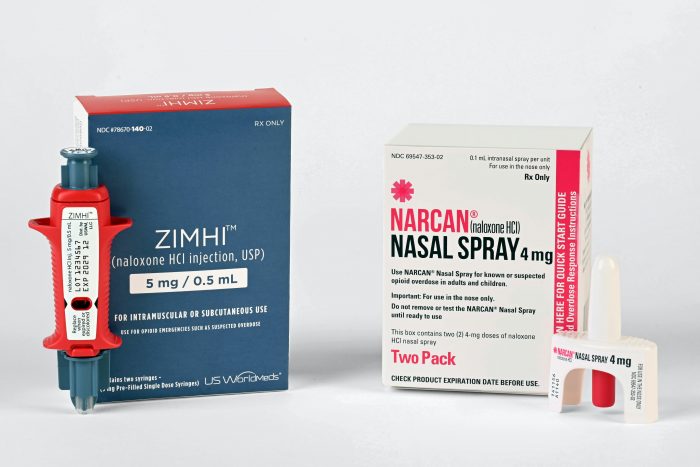The Office of Child Development and Early Learning (OCDEL) has released the outcomes from the Early Intervention (EI) Rate Methodology Study that concluded in the Fall of 2024. A key focus of the RCPA Early Intervention Steering Committee’s strategic agenda has been the review of how rates have been historically developed, including the lack of sustainable rate increases that have taken place over the past two decades. In our collaboration with OCDEL and other early intervention stakeholders, the goal was the development of a quantifiable rate methodology that uses the cost of care as a driving variable in the rate development matrix.
The EI Rate Study Final Report has been added to DHS website and can be viewed here. The study was the culmination of a year-long effort led the Public Consulting Group (PCG) and an Advisory Committee, which RCPA and other provider members were a part of.
The report reviewed the methodology and formulary variables for rate calculations across several operational dimensions of early intervention services, including staffing, operations, administration, and the calculation of how missed and cancelled visits intersect with actual costs.
The final funding review of the estimated Commonwealth fiscal impact was calculated using the number of service units provided during FY 2022/23 for Early Intervention services, current Federal Medical Assistance Percentage (FMAP), and county contributions. Services with a recommended rate decrease were kept at the current rate when calculating Commonwealth fiscal impact. The result indicated that for FY 2022/23, the rates were underfunded by more than $71M, or roughly 38% of the FY 2022/23 rate.
This year there is a proposed State budget increase of $10M that is targeted to aid Early Intervention providers in stabilizing their workforce infrastructure. This would be a 3% increase over the FY 2023/24 rate. There was no rate increase last year in anticipation of the rate methodology study report. There was hope that the study outcomes, which ended in September 2024, could have made a greater impact on this year’s projected rate increase. That notwithstanding, RCPA fully supports and will be advocating that the proposed $10M funding allocation be approved for Early Intervention services in the final budget. Additionally, there is a projected Medicaid allocation of $12.6M, for a total $22.6M that will go to the final rates for FY 2025/26.
Finally, the report indicated that between the periodic rate studies, PCG recommends that OCDEL implement a rate monitoring program to measure costs annually against payments. This monitoring should also measure inflation, and OCDEL should adjust rates annually to match the rate of inflation.
RCPA thanks OCDEL and our members for the partnership in the project and looks forward to the opportunity to work together in supporting and advocating the implementation of rates that support the cost of delivering high quality Early Intervention services to the children and families of the Commonwealth.
If you have any additional questions, please contact RCPA COO Jim Sharp or IPRC Policy Director Cindi Hobbes.















